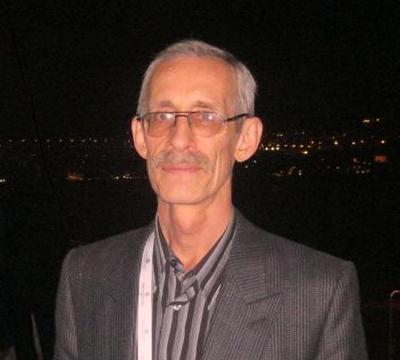Whether this is an actual conspiracy or not, only Russian hackers can tell, but the logic is there. Putin sees this logic and is not biting the bullet. Better a tolerable federated Ukraine, where Russians are left in peace, or another frozen conflict, than NATO breathing fire on Russia's borders.
'Remember 1856!'
The West played the 'shock and anger' card over Crimea, ignoring the fact that Crimea has been a key part of Russia since Catherine the Great since 1783, the heart of Russian naval power, thoughtlessly given to Ukraine when Soviet internal borders were meaningless, populated by mostly Russians and Tatars.
As if to taunt the Russians on Crimea, a British missile destroyer and a Turkish frigate docked at the port of Odessa in July for a joint NATO maritime exercise, several days after the US, Ukraine and 14 other nations deployed warships, combat aircraft and special operations teams for the 'Sea Breeze 2017' exercise off the Ukrainian coast.
It looks like a reenactment of western policy following the Crimean War in 1856, when Russia was denied its naval presence in the Black Sea, as Britain and France were preparing to take the Ottoman territories for themselves and keep Russia out in the cold. Combined with the NATO creep in the Baltics and Balkans, it also looks like a replay of the build up to WWII. But without the Molotov-Ribbentrop pact. To Stalin's (sorry, Putin's) discomfort, there is no split among the imperialists anymore. Germany et al are postmodern nations, nations without a foreign policy, beholden to the world hegemon, the US. There is only one thousand-year reich (sorry, pax americana) on the table these days. History may repeat itself, but in its own ways.
Better frozen than dead
Frozen conflicts have a bad reputation, but peace is always better than war. Tempers cool over time; past wrongs can be ironed out with reason and compromise. Donetsk and Lughansk will not hoist a white flag to Kiev, given the bad blood. They will continue to get electricity and gas from Russia, and revive their economies by reviving trade and industry with their real ally. Kiev should be careful in its game of trying to starve the rebels into submission. Russians as a people have never backed down when faced with a hostile enemy.
Watch out Poroshenko. The longer the freeze continues, the more willy-nilly Donetsk's and Lughansk's integration with the Russian economic sphere will proceed. Or rather the Eurasian customs union (EACU) that Russia, Belarus and Kazakhstan formed in 2010, eliminating obstacles to trade and investment that went up after the collapse of the Soviet Union.
Moscow stands to benefit as a natural hub for regional finance and trade and Ukraine is welcome. Win win. A free-trade pact as an economic strategy elevates the prospects of the entire region where Russia is a natural centre of gravity. In 2015 the EACU was enlarged to include Armenia and Kyrgyzstan. Russia imports labour from the 'stans' and could well help Ukraine by inviting Ukrainians to work as well.
Sensible realpolitik by the West would take NATO away from Russian borders, and push Ukraine to make an acceptable deal on a federal-state structure to keep its own Russians and its neighbour happy. Sensible realpolitik by Ukraine would be to join the EACU, bringing 'little Russians', 'white Russians' and plain old Russians back together. This would be welcomed with relief by EU officials, who have no military ax to grind, and are not happy about the billions it would take to get Ukraine off life support. Only Dr Strangeloves will be disappointed.
(Note: You can view every article as one long page if you sign up as an Advocate Member, or higher).





